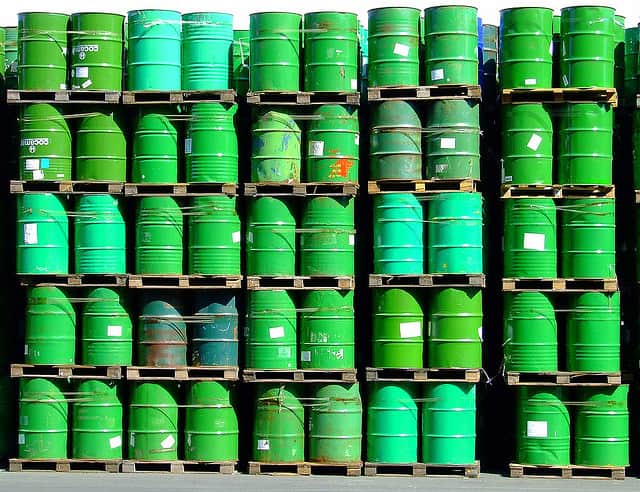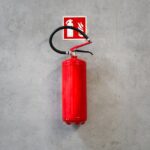What Are Chemical Waste Items?
There are various types of chemical waste that you may be using at your business or school. Due to the nature of this waste, and with many being hazardous, it is essential that you store and dispose of these waste items carefully and professionally. If you do not have an effective waste management schedule in place, the chemicals may come into contact with humans putting them at risk, and also dangering the environmental health surrounding them. This could lead to pollution, harm to habitats, fires from flammable liquid waste and highly toxic emissions.
What Are Examples Of Chemical Waste?
A few examples of chemical hazardous wastes include cleaning products, oils, organic solvents, acids, paints, drugs/medicine and radioactive waste. If you are creating and storing any of these types of waste streams, you must follow the procedures and regulations which the government and environmental protection agency has shared. False handling may otherwise lead to serious safety issues along with fines.
Benefits Of Partnering With A Chemical Waste Management Company To Remove The Waste
Management of these types of chemical waste should be done by a specialist team with extensive knowledge of the waste being handled. By having a team at hand to remove and dispose of this waste regularly, you can have peace of mind that the materials are safely transported and taken to licensed waste facilities.
This means that your space does not become over cluttered with waste, costs are cut, and you can recycle waste where possible. If you are storing waste on site ready for collection, you should always make sure to clearly label materials, keep containers clean and have secure lids to avoid leaks and mixing of products.
You should also make sure to only use the correct container for the type of chemical waste being stored, this is as follows:
- Steel drums may be used for oils and organic solvents. These should never hold anything that is corrosive.
- Plastic bottles may be used for acids and alkalis.
- Glass bottles may be used for most chemicals, apart from hydrofluoric acid waste.
Make sure that any container used has been designed to hold liquid waste, rather than solids. They should also be professionally cleaned if reused to ensure there is no residue of incompatible chemicals from other waste products.
Other Hazardous Waste Items
There are various other hazardous waste items that are listed besides chemicals. These include heavy metals and WEEE products, batteries, hazardous waste containers and ozone-depleting substances; all of these products should again be stored and disposed of safely.
The United States produces an average of more than 1,700 pounds of food, plastic, and hazardous waste per person. In the UK, there are more than 21,000 old landfills scattered across England and Wales. Of these, 1,287 are categorised as containing hazardous waste. These huge statistics are a clear sight into the damaging impact that this waste is having on the planet, and how we need to recognise the importance of recycling these materials and limiting use where possible.
We Provide Chemical Disposal Services
At Collect & Recycle, we specialise in hazardous and chemical waste disposal, and ensure all of the waste we collect is recycled where appropriate. If you are looking for a professional team to help you manage your waste streams, get in touch with our friendly team today by emailing [email protected].


